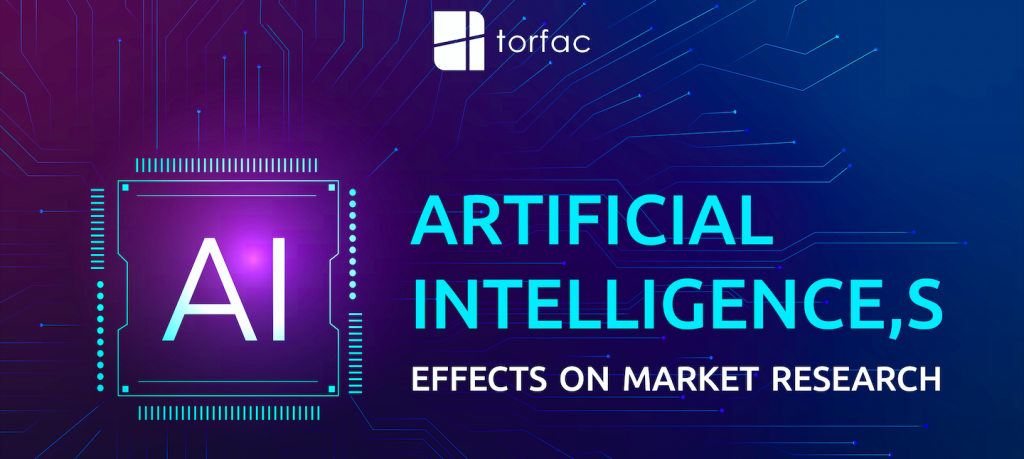
It’s crucial to first understand what artificial intelligence (AI) is and isn’t in order to comprehend how it will affect market research. The intelligence exhibited by machines is known as artificial intelligence, and it is frequently characterised by learning and adaptability. It differs from automation in some ways.
Automation is already widely used in the insights industry to accelerate a variety of processes. Automation is simply the set of rules that a machine follows to perform a task without human assistance, from recruitment to data collection and analysis. It can be difficult to distinguish from AI when complex logic and branching paths are introduced. But there is a significant distinction. When a task is automated, even in its most complex forms, software follows the instructions it is given. Each time the process runs, the software (or machine) makes no decisions or learns anything new.
The ability to learn is what distinguishes artificial intelligence from automation. And it is this that provides the most opportunities for those who embrace it.
Advantages of AI-based market research.
Businesses can make better data-driven decisions when AI and market research collaborate. This article discusses the advantages of using AI-powered market research. Over a decade ago, any mention of artificial intelligence made everyone think of all the Sci-Fi scenarios in which everything always goes wrong. People imagined self-driving cars entrapping them, virtual assistants seeking vengeance, and robots enslaving humanity. Today, the story is very different, and people are less concerned about AI. Market researchers are among those who have changed their minds about AI’s true potential. The AI revolution in market research is unquestionably something to be excited about. Market research is now an essential component of any business strategy, whether it is B2B or B2C, large or small, new or old. Market research is that tool that gives you the answers you need to make decisions that will propel you forward by allowing you to make data-driven decisions.
Open-Ended Data Processing
The process of applying statistical analysis techniques to massive amounts of written data, dubbed Big Qual, aims to distil quantitative results.
The Google Cloud Natural Language API demonstrates this in action. Using the first paragraph of this article as an example, the program recognises “AI” as the most prominent entity (i.e. the most central to the text). It can also recognise text categories, and syntactic structure, and provide sentiment insights. In this case, the first and third sentences were negative, while the second was more positive overall.
Find the right respondents more quickly
When it comes to who market researchers survey or include in their research, they face two major challenges: finding respondents and finding relevant ones. AI can be useful early in the market research process by assisting research experts in finding the right people to interview or survey. More specifically, market researchers can use AI to review a larger pool of respondents and eliminate those who do not meet the requirements. As a result, experts have a more qualified shortlist of potential candidates. Needless to say, by improving the quality of candidates, AI improves the relevance and quality of the answers provided.
Report Generation
Market researchers spend a significant amount of time writing reports. However, artificial intelligence can also help in this situation. Algorithms can be trained to make certain assumptions and judgments based on the data collected. After that, algorithms can generate reports for experts, saving them a significant amount of time that they can invest in more important tasks. Instead of sifting through massive amounts of data to understand trends and make predictions, market research experts can devote their time to higher-value tasks like developing hypotheses and validating and communicating AI-powered findings.
Data integrity is protected
The bias risk that can affect data integrity is a challenge that all market researchers face. There could be a problem with a leading survey question or a respondent who remembers some things but forgets others. Both of these scenarios can skew the data and jeopardise its integrity. AI, on the other hand, eliminates the risk of bias by simply being a technology that treats everything as simple data. Artificial intelligence may also be able to remove unconscious human bias, ensuring that you receive relevant and accurate results.
Conclusion
AI can speed up and reduce the cost of market research while producing more accurate results than any human worker could. Technology never tires or becomes bogged down in data and statistics, ensuring that the results can be relied on when making data-driven decisions.

